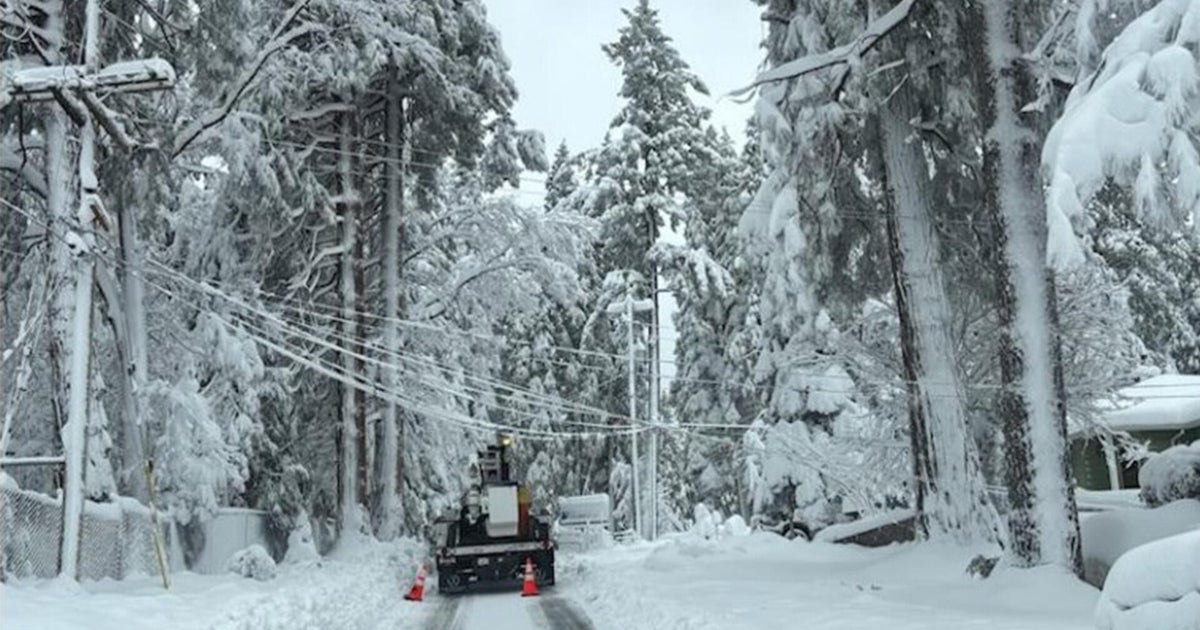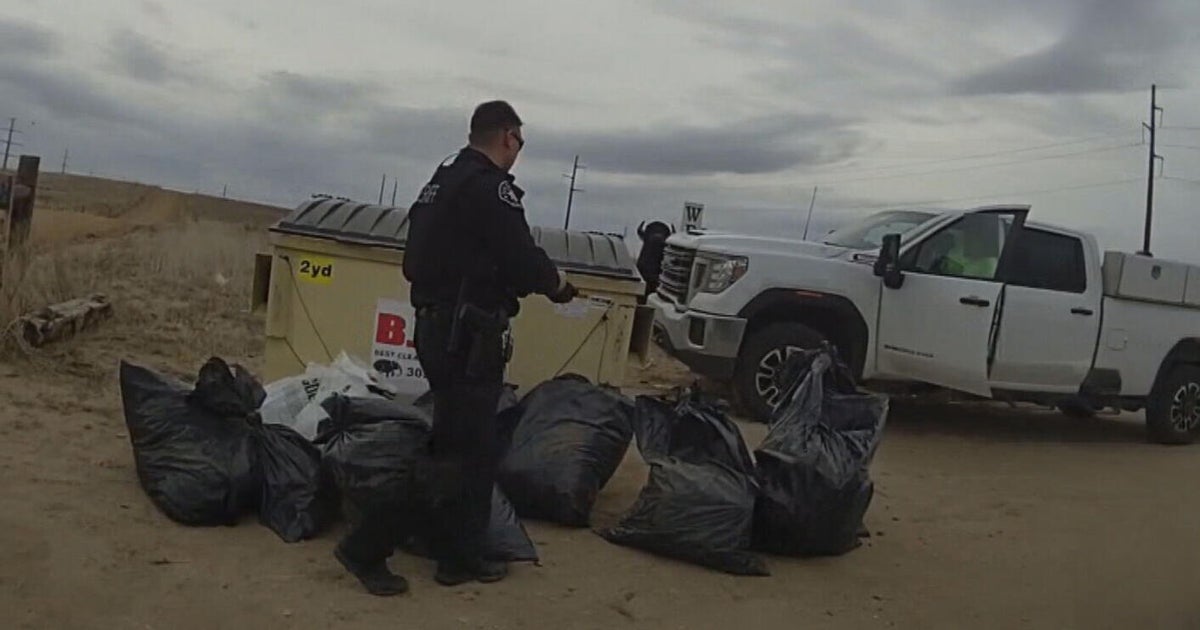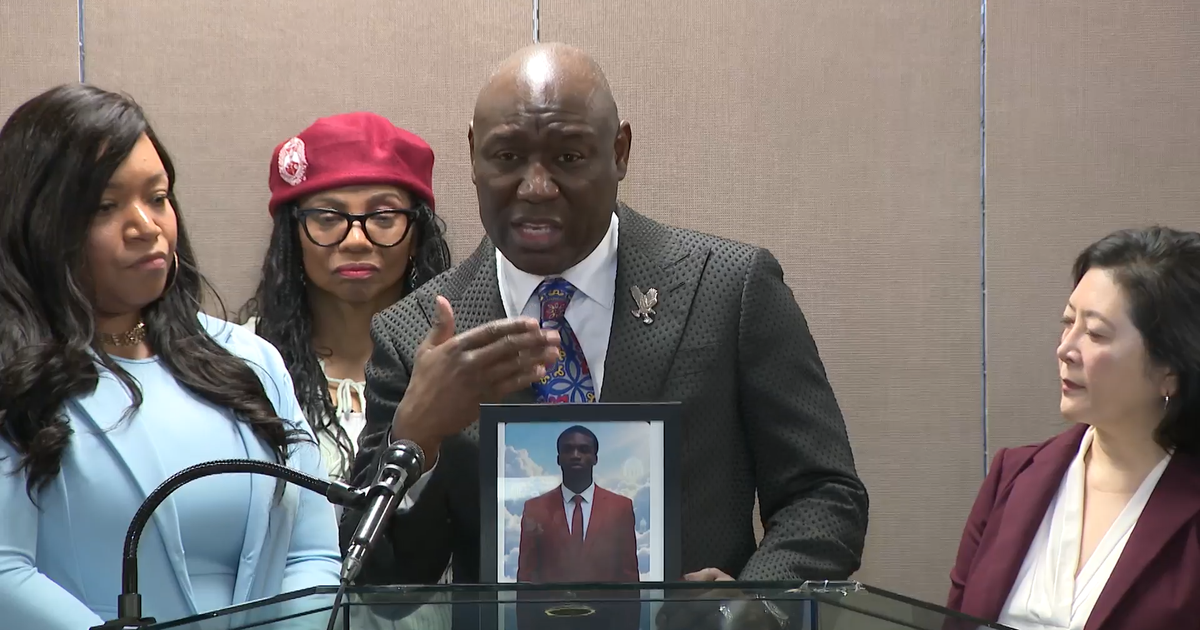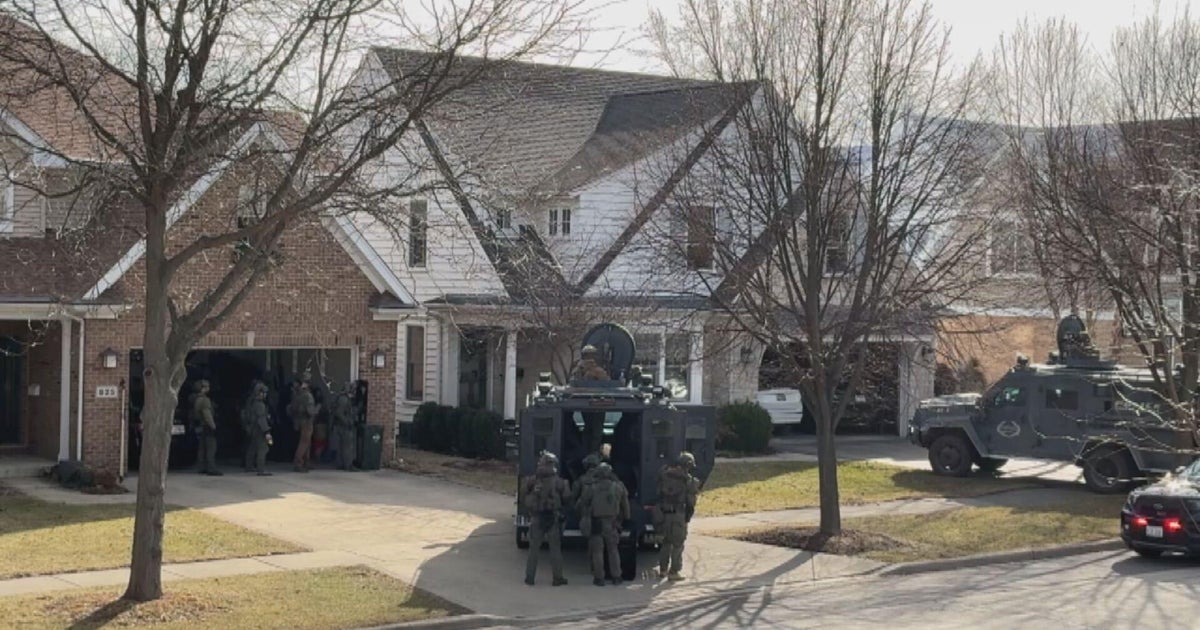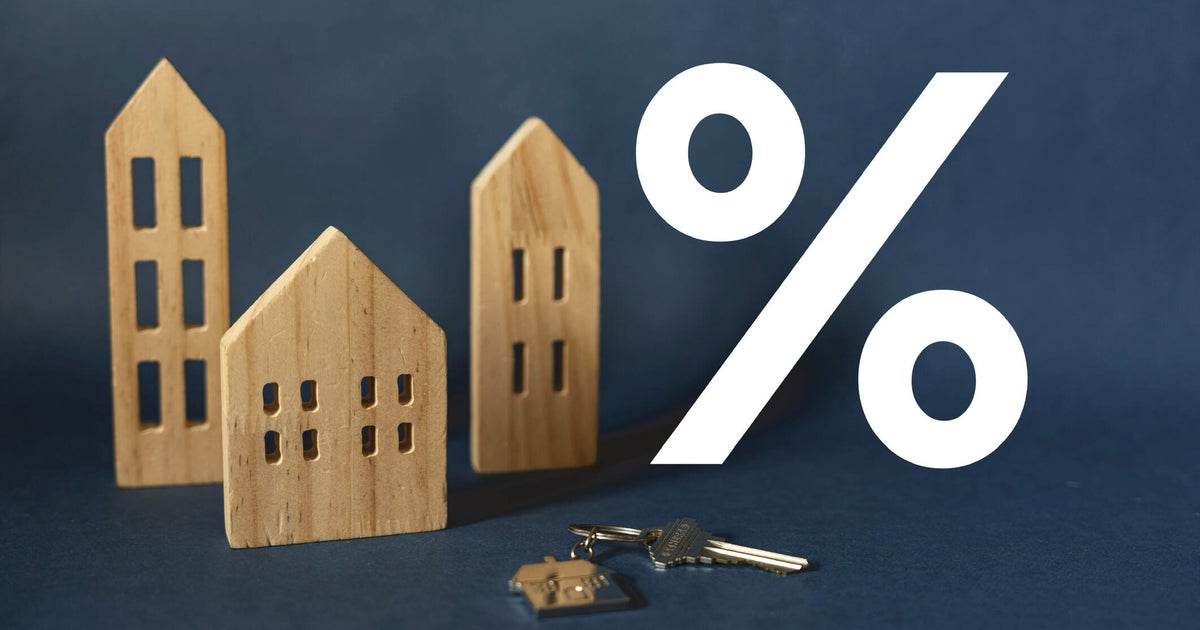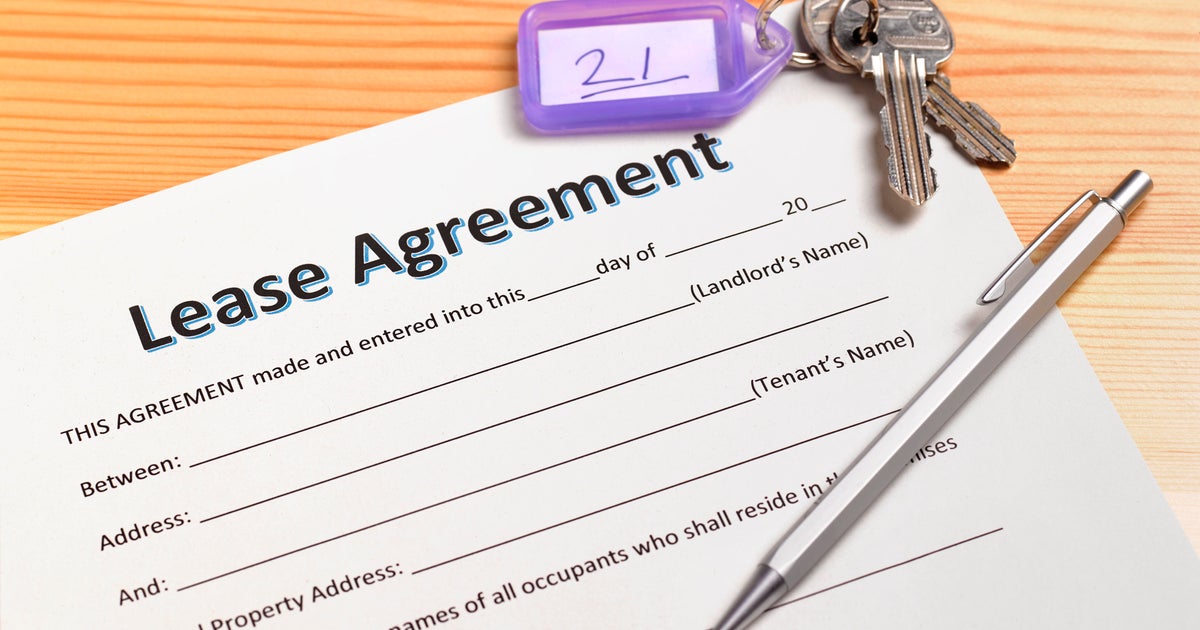'I Feel Taken Advantage Of': Call Kurtis Investigates Insurance Rates Pricing People Out Of The Foothills
CEDAR RIDGE (CBS13) — It's a simpler life in Tuolumne County's Cedar Ridge community. Birds chirping. Leaves rustling. Green tree canopies and blue skies.
Bryan Adcox moved into his, three-bedroom, two-bath home there in 2016. It's where he plans to eventually retire with his wife. But people like Bryan, retirees and others living in the foothills, are having to face the prospect of packing up and leaving due to an unexpected cost: fire insurance.
When Bryan first moved in, his homeowner's insurance was $1,400. Then, a few years later, it slid up to $2,400. This year, his premium is $5,400. He says his insurance agent tells him it's all because of fire risk.
"I feel taken advantage of," says Bryan. "I nearly hit the floor when I opened up that renewal in January this year."
Bryan says every year, he and his family take steps to protect their quarter-acre parcel from fire hazards. And despite always passing his Cal Fire inspection, he says he's seen no changes in his premium to reflect those efforts.
"I don't have a big home," he said. "I don't have a big piece of property. The rates that I'm paying do not seem fair."
William and Carole Lhommedieu feel the same way. They spend roughly $1,200 a year clearing their property and have only seen their rates go up.
They were dropped by their old provider in 2018 and had to sign up with California's insurance of last resort, the Fair Plan. They're now paying $2,400 a year for fire insurance alone. They're on a fixed income, and say that if the rates keep going up they may have to consider moving.
"I don't want to move," said Carole. "I made a commitment to live here. We have what we want here, now."
But just like that, decades of effort are now jeopardized.
"You work your whole life to have what you have, and then they do this," said William. "It's ridiculous."
Tuolumne County supervisor Ryan Campbell says that insurers are not taking into consideration the steps people are taking to lower the fire risk around their own homes.
But, with wildfires becoming more intense and destructive, such as the fire that destroyed Grizzly Flat last summer, insurance companies are looking at their own risks and making business decisions to drop coverage based on proprietary fire prediction maps they don't make public.
"It's a big problem in rural communities and we need some attention to it," said Campbell. "And we need it now."
Call Kurtis found one partial solution on the horizon. Last year, California's Department of Insurance and state emergency leaders put together a two-pronged framework to address the fire insurance crisis. One part of the regulations will require insurance companies to disclose your fire risk score, the method they used to determine that score as well as an avenue to appeal that score if you believe it is unjustly high.
The CDI hopes the other part of the regulations will encourage homeowners, neighbors and communities to develop more fire mitigation efforts like creating fire breaks, clearing trees and upgrading roofs. In turn, the CDI is hoping insurers won't drop coverage and reward people with discounts, resulting in more affordable insurance.
But there's nothing in the regulations that guarantee your insurer won't drop you, a point that former insurance commissioner Steve Poizner wrote about last month in the LA Times.
It will be a balancing act for the CDI. Too much regulation, and insurers will feel the squeeze, dropping customers and maybe even leaving the state. But, if the insurance commissioner dopes nothing, people like Bryan and the Lhommedieus will be priced out of their community.
Michael Soller, a deputy insurance commissioner and spokesperson for the CDI says that they expect the regulations to take effect by the start of summer.
"I'm not saying this is easy," he said. "I'm not saying this is an overnight solution. I don't think anyone is saying that."
But in Cedar Ridge, the solutions need to come fast.
"It hurts because I love where I live. I love what I do up here, and if this continues to go up, I'm not going to be able to afford it," said Bryan.
